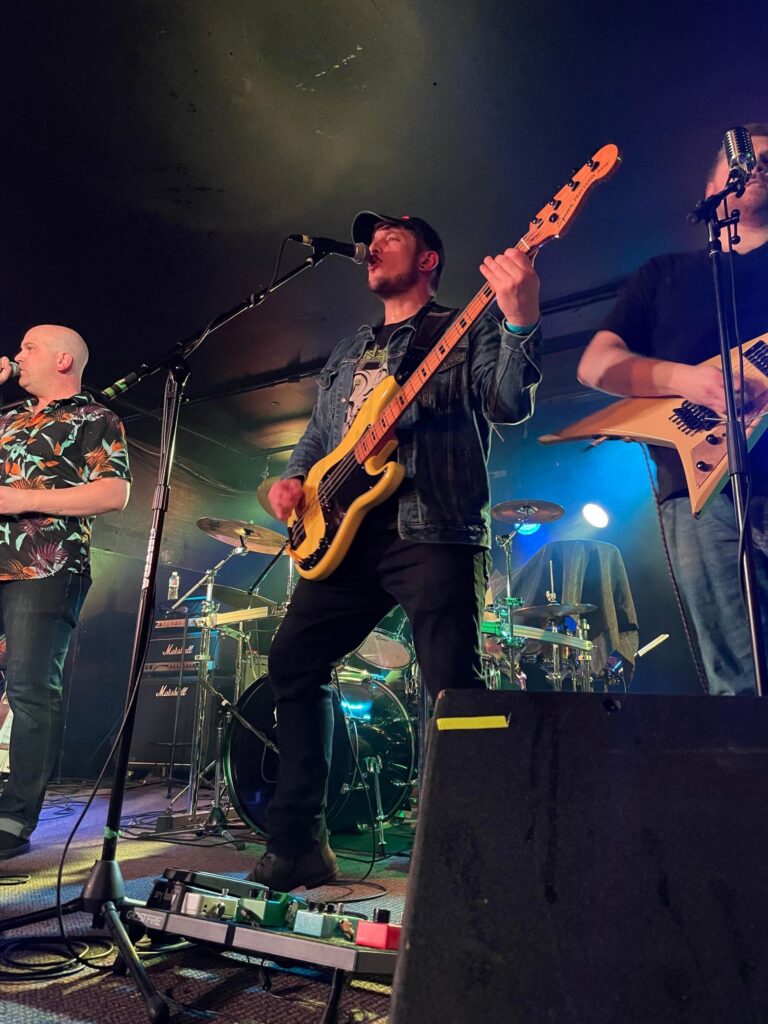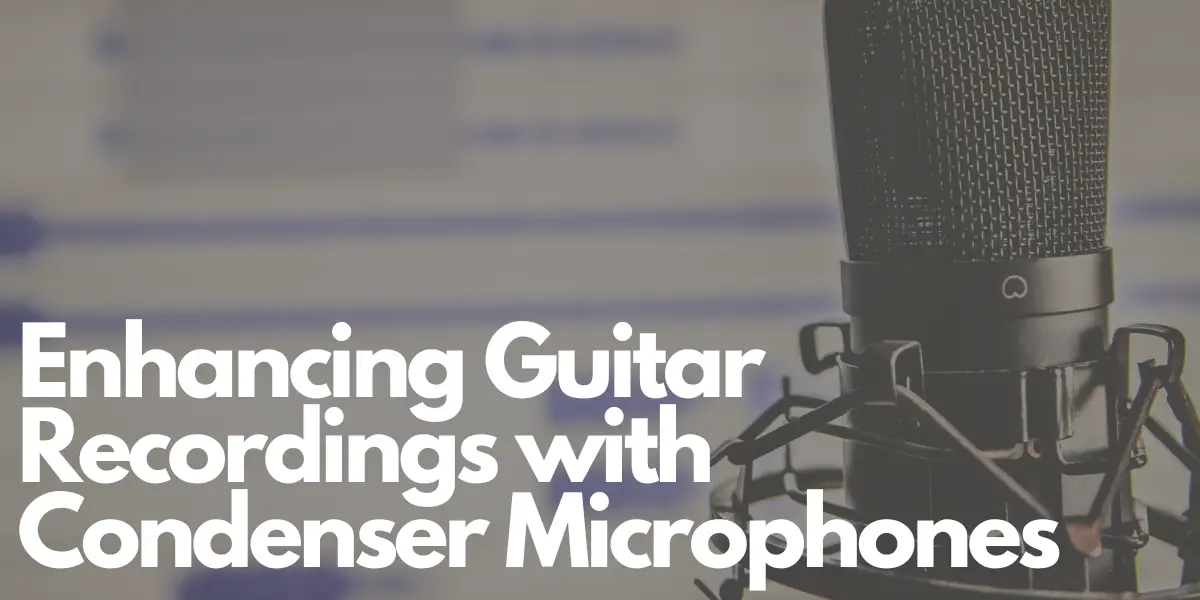Recording a guitar is a magical experience, a way to immortalize the soulful strumming and delicate plucking of your beloved instrument. Whether you’re a budding musician, a seasoned performer, or a dedicated recording enthusiast, choosing the right microphone can make all the difference. In this article, we’ll dive into why using a condenser microphone for guitar recording is a wise investment.
The Marvel of Condenser Microphones
Before we embark on this sonic journey, let’s briefly unravel the inner workings of a condenser microphone. Often referred to as a capacitor microphone, it operates based on capacitance. This microphone features a diaphragm and a backplate with a tiny gap between them. When sound waves meet the diaphragm, it vibrates, altering the gap’s size, and thus, the capacitance. This change generates an electrical signal that faithfully mirrors the incoming sound waves.
Exquisite Sensitivity
Condenser microphones are revered for their extraordinary sensitivity, making them the go-to choice for capturing the nuances of your guitar’s sound. They excel at capturing the subtleties like harmonics, fingerpicking, and the resonating body of the instrument. With this heightened sensitivity, your recordings will be brimming with richness and authenticity, truly reflecting your guitar’s character.
Embracing a Wide Frequency Response
When it comes to capturing the full spectrum of your guitar’s sound, condenser microphones outshine dynamic microphones. Their wide frequency response ensures that every note, from the deep, resonant lows to the shimmering highs, is faithfully recorded. The result? Recordings that are dynamic, well-rounded, and rich in tonal diversity.
The Truthful Reproduction
Transparency and accuracy are hallmarks of condenser microphones. They faithfully reproduce sound without adding any significant coloration or alteration. This pristine fidelity is especially vital in critical recording applications and music genres that demand an authentic representation of your guitar’s tone.
Embracing Phantom Power
Condenser microphones require a power source called phantom power, typically supplied by your audio interface or mixer. While it might seem like an extra step, this power boosts the microphone’s sensitivity and clarity, making it a stellar choice for professional studio environments. The benefits far outweigh the minor inconvenience.
Unparalleled Versatility
The versatility of condenser microphones is nothing short of remarkable. They can adeptly capture a wide range of musical genres and instruments. Whether you’re strumming classical melodies, serenading with acoustic folk tunes, indulging in bluesy slide guitar, or cranking up the electric guitar amplifier, a condenser microphone can handle it all. This versatility renders it a valuable addition to any recording arsenal.
Acoustic Guitar’s Best Friend
If you’re predominantly an acoustic guitarist, then a condenser microphone is your ideal companion. Tailored for sensitivity and accuracy, it perfectly captures the natural warmth and resonance of acoustic instruments. The result? Studio-quality recordings that make your guitar’s soul shine through.
In the realm of audio recording, the choice of a microphone can make or break the quality and authenticity of your guitar recordings. A condenser microphone, with its exceptional sensitivity, wide frequency response, transparency, and versatility, emerges as the top pick for musicians and producers seeking top-tier results.
Investing in a condenser microphone for your guitar recordings isn’t just a practical choice; it’s a commitment to capturing the essence of your music. Whether you’re a solo acoustic artist, part of a band, or an ardent recording enthusiast, the advantages of using a condenser microphone for guitar recording are undeniable. Elevate your recordings to the next level, and let the true beauty of your guitar’s sound shine through with a high-quality condenser microphone. It’s not just a microphone; it’s the key to unlocking the soul of your music.
Author: Mike P
Hi! My name is Mike! I’ve been an apartment producer/musician for 10+ years. I’ve played in punk bands, released EDM tunes on Beatport and iTunes, and have a semi-successful stock music portfolio. Read more…


